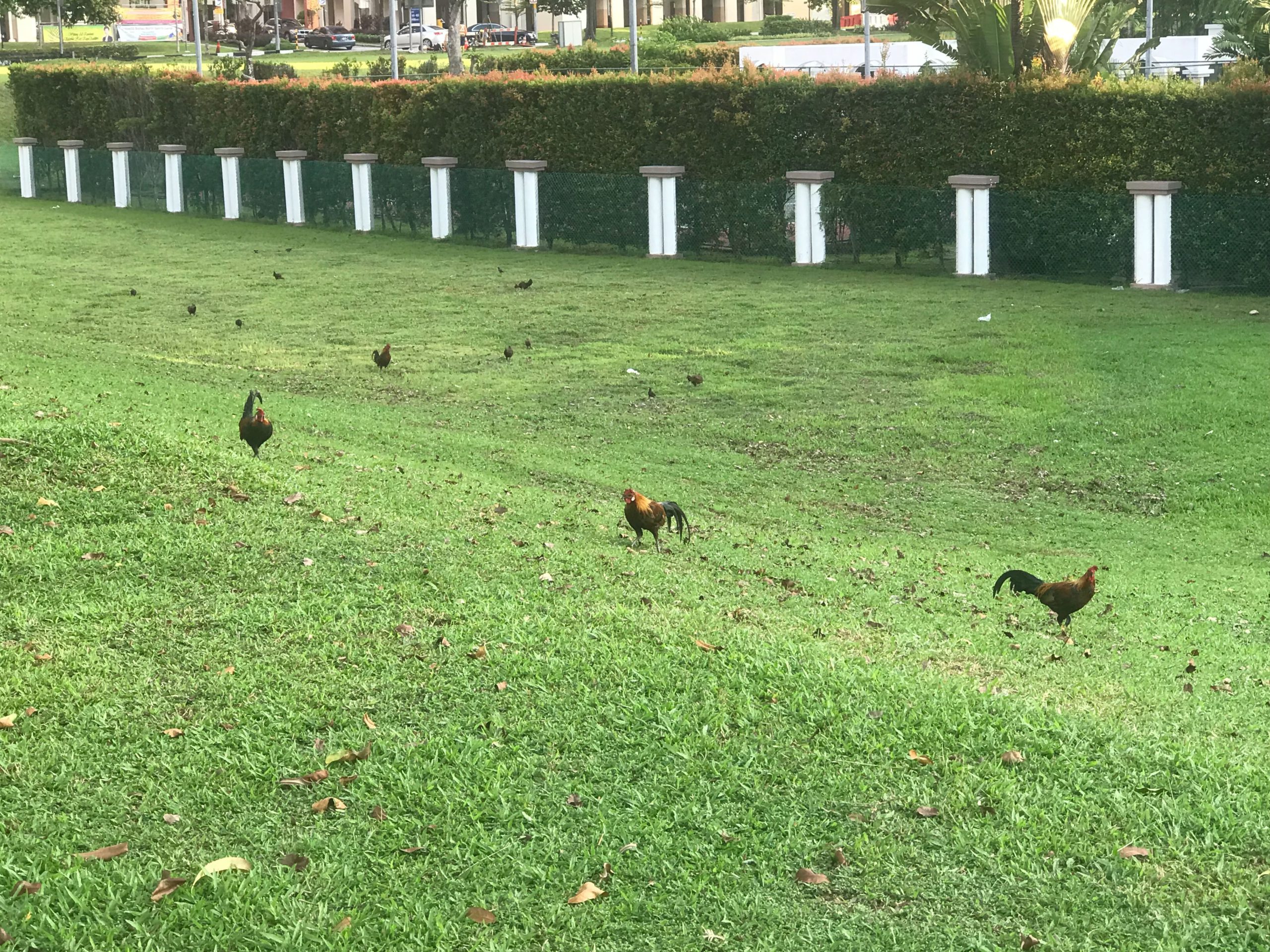The Singapore Government is reviewing the act of selling and slaughtering live animals at wet markets in Singapore, said Senior Minister of State for the Environment and Water Resources Dr Amy Khor on Tuesday (5 May).
She explained that the related agencies are doing the works and considering scientific evidence and international benchmarking on this matter.
Dr Khor said this in response to a question raised by Member of Parliament for Nee Soon GRC Louis Ng in Parliament on whether the display, slaughter and sale of live soft-shelled turtles at wet markets in the country could be banned by her Ministry given the high risk of viruses being transmitted from animals to humans.
This issue was also raised by two animal welfare groups, ACRES and SPCA, who delivered a joint appeal to the authorities requesting for a ban on the sale of live animals like turtles and frogs in Singapore.
Last month, the Straits Times reported that live animals like soft-shelled turtles, bullfrogs and freshwater eels were slaughtered at a wet market in Chinatown Complex for customers to take back home.
In recent times, the selling and slaughtering of live animals have become a major worry for everyone around the world due to COVID-19. It is said that the deadly coronavirus first originated from a live seafood wet market that sells exotic creatures like bats and snakes in Wuhan, China.
Reports revealed that the highly contagious COVID-19, which has infected over 3.7 million people and killed more than 250, 000 individuals worldwide at the time of writing, was first found in bats before being transmitted to humans.
Transmission rate is low if proper hygiene is maintained
Dr Khor pointed out that the Singapore Food Agency (SFA), National Parks Board and National Environment Agency (NEA) have reviewed the risk of transmission and found out that the risk of virus transmission from animals to humans is low at the wet market stalls.
“Transmission risks are found to be low, as long as food safety and hygiene standards are maintained. There have been no cases of zoonotic disease transmission from these animals at the wet market stalls,” she said.
She added that NEA has not been tendering out wet market stalls for the purpose of selling live wild turtles since 2012.
However, existing wet markets can still sell live animals like they usually do as long as they adhere to food safety and hygiene requirements implemented under the Environmental Public Health Act. Some of the requirements include cleanliness of the stall as well as proper storage practices.
She went on to state that during SFA’s regular checks at the wet markets, it did not spot any violations to the food safety and hygiene conditions.
When drilled again by Mr Ng on why the Government still allow the sale of live turtles at wet markets given the current pandemic, and highlighted that live turtles are even not a staple meat for consumption here, Dr Khor explained that most of zoonotic pathogens, particularly the emerging ones, are caused by mammals and birds rather than reptiles.
She added that this is the very reason why the Government banned the slaughter of poultry at wet markets in 1992 and centralised it all at slaughterhouses.
Good hygiene must be practiced
Dr Khor also urged all customers and vendors to practice good hygiene standards at wet markets in order to avoid the spread of food-borne bacteria.
“In general, food-borne bacteria such as salmonella can be found in all live animals and raw meat, and these can be transmitted to people through direct contact or ingestion,” she said.
She continued, “To prevent food-borne illnesses, both stall vendors and patrons should observe good food safety and hygiene practices, such as the washing of hands with soap and water before and after handling raw meat, and by thoroughly cooking the meat, which helps to kill any harmful bacteria in food.”
Mynahs seen pecking at raw pork at a food stall in Yishun
Separately, a coffee shop stall located at Yishun came under public scrutiny recently for all the wrong reasons after mynahs were caught pecking on raw pork left unattended at the premise of a stall selling braised duck.
This incident came to light after a man named Mr Hong took a video of the sight showing three mynahs snacking on a few slabs of raw pork hanging at the back of a coffee shop stall. It appears that the stall’s two employees were busy serving customers at the front of the stall, unaware of the feathery intruders at the back of the shop.
“If the mynahs are contaminated and they touch the raw pork or defecate on it, it’s very unhygienic. I bought char siew rice with roasted pork in the afternoon and when I think back about it, I feel very disgusted,” Mr Hong told Shin Min Daily News, adding that the incident happened o 3 May at around 5pm.
The affected stall also took to Facebook on 4 May to address the issue stating that the pork was hung to dry “for a short while” before being transferred to a freezer. Lian Huat Roasted Delights explained that the commercial fridge reached its maximum storage capacity at that time, and the employees were busy resulting to a “slight delay” in storing the raw meat.
Lian Huat assured the public that the affected pieces of meat were discarded.
The post also added that SFA personnel have paid a visit to the stall. Lian Huat emphasised that it will be increasing its cleanliness levels and placing netting on the grills to stop such incident to repeat in the future.
“Rest assured that we will maintain good hygiene and cleanliness in order to serve our customers better,” it stated.





